The prevalence of plastic contamination in food has become an increasing concern, linking various everyday items to potential cancer risks. As consumers, it is crucial to be aware of these contaminated foods and make informed choices to minimize health risks.
Here, we explore 25 common food items that have been identified as having significant levels of plastic contamination. This understanding can help guide safer eating habits and promote better health for you and your family.
1. Shellfish (mussels, oysters, clams)
Shellfish, including mussels, oysters, and clams, are beloved for their rich flavors and nutritional benefits. However, these delicacies are notorious for harboring microplastics due to their natural filtration systems that inadvertently accumulate these particles.
When consumed, these microplastics may pose health risks, including a potential link to cancer. To enjoy shellfish safely, sourcing from reputable suppliers who monitor contamination levels is advisable.
Additionally, diversifying seafood choices can minimize exposure. If you cherish the ocean’s bounty, awareness and selectivity are key.
2. Fish (mackerel, sardines)
Mackerel and sardines are rich in omega-3 fatty acids, making them a popular choice among health-conscious individuals. However, due to pollution in many marine environments, these fish often accumulate microplastics, which may carry harmful contaminants.
Eating such contaminated seafood could potentially increase the risk of cancer. To minimize this risk, consider choosing fish from cleaner waters or responsibly managed aquaculture. This way, you can enjoy their nutritional benefits while safeguarding your health. Make informed choices—and enjoy with care.
3. Sea salt
Sea salt, cherished for its mineral richness, is a staple in kitchens worldwide. Unfortunately, it often contains microplastics, remnants from polluted oceans where the salt is harvested. These tiny plastic particles have found their way into our diets, raising health concerns.
The link between microplastic consumption and cancer is being investigated, urging consumers to consider alternative salts or brands committed to purity. By choosing wisely, you can enjoy the benefits of sea salt while safeguarding your health. Taste the difference, protect your wellness.
4. Bottled water
Though often viewed as a clean and safe choice, bottled water ironically contains microplastics leached from its plastic packaging. Research has revealed that these tiny particles can seep into the water, potentially leading to health issues, including an increased cancer risk.
Switching to reusable bottles made of glass or stainless steel is a smarter, safer alternative. These options not only help curb plastic pollution but also eliminate the threat of ingesting microplastics.
A simple change in your daily routine can boost your well-being and contribute to a healthier planet. Choose wisely—hydrate sustainably.
5. Beer
Beer, a beverage enjoyed by many, particularly during social gatherings, has been found to contain microplastics. These contaminants often originate from water sources used in brewing or from packaging materials.
The presence of plastic in beer raises concerns about long-term health implications, including cancer. For beer lovers, choosing brands with stringent quality controls and water purification practices can reduce exposure.
This ensures that you can continue to savor your favorite brew without worry. Raise your glass with confidence and enjoy responsibly.
6. Honey
What may seem like the purest of natural sweeteners—honey—is not entirely free from modern-day contamination. Recent research has detected microplastics in honey, likely introduced through environmental pollutants in the areas where bees forage.
This unsettling discovery raises concerns about potential health risks, including an increased cancer risk. To reduce exposure, consider choosing organic or locally produced honey, which is often harvested from cleaner environments.
Supporting small-scale beekeepers not only ensures a higher-quality product but also helps protect this natural staple. Choose carefully, and enjoy the sweetness of nature as it was meant to be.
7. Rice
Rice, a dietary staple for billions, has recently been scrutinized for containing microplastics. These tiny contaminants are thought to enter during the processing and packaging stages. The implications for health, including cancer risk, are concerning, prompting consumers to seek alternatives.
Opting for rice sourced from organic farms with environmentally friendly practices may reduce exposure. This switch supports health and promotes sustainable agriculture. Keep your meals nourishing and safe by choosing quality grains. Enjoy the essentials of life without compromise.
8. Canned foods
While canned foods are a staple of modern convenience, they may harbor hidden health risks. Many cans are coated with bisphenol A (BPA), a chemical associated with cancer and other serious health concerns.
Over time, BPA can seep into the food, especially when cans are exposed to heat. To safeguard your health, look for products clearly labeled as BPA-free or consider shifting to fresh or frozen alternatives.
Choosing brands that value safe, transparent packaging helps you make more informed decisions. Nourish your pantry with care—because simplicity should never come at the cost of safety.
9. Meat and plant-based meat alternatives
Meat and its plant-based alternatives are not immune to plastic contamination. Both can be packaged in materials that leach harmful chemicals into the product. This contamination poses potential cancer risks, urging consumers to be vigilant.
Prioritizing products with minimal and eco-friendly packaging can mitigate these concerns. Furthermore, supporting brands committed to sustainable practices ensures that your protein sources are safe.
Whether you enjoy traditional meat or its modern alternatives, making informed choices enriches your diet and protects your health. Eat sustainably, thrive healthily.
10. Tea bags (especially plastic ones)
Beloved for its warmth and calming qualities, tea is a daily ritual for millions. Yet, beneath its soothing surface, some tea bags may introduce an unwelcome element: plastic.
Many commercially available tea bags are made with or sealed using plastic, which can release microplastics into your cup when exposed to boiling water. These microscopic particles have been linked to potential health risks, including cancer.
To steep safely, consider switching to loose leaf tea or choosing brands committed to using plastic-free, biodegradable bags. With a mindful choice, you can preserve the comfort of your tea time—pure, peaceful, and worry-free.
11. Fruits and vegetables (e.g., apples, carrots, lettuce)
Fruits and vegetables, pillars of a healthy diet, are not exempt from plastic contamination. Packaging, storage, and even agricultural practices can introduce plastic residues. The potential health implications, including cancer risks, are worrisome.
Choosing organic produce or those from farms with sustainable practices can reduce plastic exposure. Washing and peeling can also help remove surface contaminants.
By making thoughtful choices, you ensure that your diet remains rich in nutrients without the plastic burden. Nourish your body, honor the earth.
12. Sugar
Sugar, a ubiquitous sweetener, has been found to contain microplastics. These contaminants can enter during processing and packaging, raising health concerns including cancer risks. To reduce exposure, consider alternatives like organic or unrefined sugars.
Supporting brands that prioritize purity and responsible sourcing ensures that your sweet indulgences remain wholesome. By making conscious choices, you protect your health and support ethical production. Sweeten your moments with care, and savor the genuine taste of quality.
13. Processed foods (e.g., chicken nuggets, breaded shrimp)
Quick and easy, processed foods like chicken nuggets and breaded shrimp have become go-to options for busy lifestyles. However, convenience can come at a cost.
These items often contain plasticizers and other harmful chemicals, which can migrate into the food during processing or packaging—raising concerns about long-term health risks, including cancer. To protect yourself, scrutinize ingredient labels and opt for brands that prioritize transparency and clean formulations.
Better yet, cooking at home with whole, unprocessed ingredients significantly reduces exposure to these additives. Convenience doesn’t have to compromise your well-being—choose wisely and nourish with intention.
14. Soft drinks
Soft drinks, a popular refreshment, have been found to contain microplastics, primarily originating from their plastic packaging. These particles pose potential health risks, including cancer. To enjoy soft drinks safely, consider alternatives bottled in glass or aluminum, which are less likely to leach plastics.
Additionally, reducing consumption of sugary beverages can improve overall health. Opting for fresh juice or infused water provides a refreshing change with fewer risks. Sip smarter, and elevate your beverage experience.
15. Frozen foods
Stocking up on frozen foods is a smart way to save time and reduce waste—but the packaging they come in may carry hidden risks. Many frozen products are wrapped in plastics that can leach harmful chemicals into the food, especially under fluctuating temperatures.
These contaminants have been linked to serious health concerns, including cancer. To reduce exposure, seek out brands that use eco-friendly or BPA-free packaging, or prepare your own meals at home and freeze them in safe containers.
With thoughtful choices, you can enjoy the practicality of frozen foods without compromising your well-being. Make your freezer a place of both convenience and care.
16. Bread in plastic bags
Bread, a staple in many diets, is frequently sold in plastic bags. These bags can leach harmful chemicals into the bread, raising health concerns including cancer risks. To avoid this, consider purchasing bread from bakeries that use paper or reusable packaging.
Alternatively, baking your own bread at home allows for complete control over the ingredients and packaging. By making mindful decisions, you enjoy fresher, safer bread that aligns with a healthier lifestyle. Break bread, not health.
17. Yogurt in plastic containers
Rich in probiotics and praised for its health benefits, yogurt is a staple in many diets. However, its common packaging—plastic containers—can sometimes leach harmful chemicals into the product, especially when exposed to heat or prolonged storage.
These substances have been associated with increased cancer risk. To minimize this exposure, consider choosing yogurt sold in glass jars or try making your own at home for full control over ingredients and storage.
Supporting brands committed to sustainable, non-toxic packaging also contributes to a healthier planet. Savor your yogurt with confidence—pure, nourishing, and responsibly enjoyed.
18. Condiments in plastic bottles
Condiments are kitchen staples, but their plastic bottles can introduce harmful chemicals into the contents. These contaminants pose health risks, including cancer. Opting for glass bottles or making homemade versions can significantly reduce exposure.
Additionally, supporting brands that use sustainable packaging contributes to environmental well-being. By making informed choices, you ensure that your culinary creations remain flavorful and safe. Enjoy the zest and tang of condiments without the plastic worry. Spice up your meals responsibly.
19. Spreads in plastic containers
Whether it’s almond butter or a favorite fruit jam, spreads are a beloved addition to many meals. Yet, when packaged in plastic containers, they can introduce harmful chemicals into your food—substances that have been linked to potential health risks, including cancer.
To reduce this risk, opt for spreads sold in glass jars or try making them at home with wholesome ingredients. Choosing brands that prioritize eco-friendly, non-toxic packaging also supports a healthier planet.
With a simple shift in your choices, you can keep your toast both delicious and safe. Spread consciously, and savor each bite with care.
20. Packaged chips
Packaged chips, a favorite snack, often come in plastic bags that can release harmful chemicals into the product. These contaminants are linked to potential cancer risks. To enjoy chips without the worry, consider brands that use biodegradable or eco-friendly packaging.
Alternatively, making your own chips at home with fresh ingredients ensures purity and taste. By being mindful of packaging choices, you can indulge in your favorite crunch guilt-free. Elevate your snacking game with thoughtful choices.
21. Instant coffee
For those who rely on a quick caffeine fix, instant coffee is a go-to solution. However, its packaging—often made with plastic materials—can introduce microplastics into your daily cup. These tiny particles have been linked to potential health risks, including cancer.
To reduce exposure, consider choosing brands that use sustainable, non-toxic packaging or make the switch to fresh ground coffee. Not only does this offer a fuller, more authentic flavor, but it also minimizes the risk of ingesting harmful contaminants.
Start your mornings with care—brew mindfully and sip with confidence.
22. Microwave popcorn
Microwave popcorn, a popular snack, often contains chemicals in its packaging that can leach into the popcorn. These chemicals have been associated with cancer risks. To enjoy popcorn safely, consider popping kernels on the stove or using air poppers.
These methods provide the same delicious snack without the harmful additives. By taking control of your popcorn preparation, you ensure that movie nights remain enjoyable and health-conscious. Pop responsibly, and savor the flavors without fear.
23. Instant noodles
Beloved for their speed and flavor, instant noodles are a pantry staple for many. Yet, beneath their convenience lies a potential health concern—the plastic packaging and seasoning sachets often contain chemicals that can leach into the noodles, especially when exposed to hot water.
These substances have been linked to increased cancer risk. To enjoy this comfort food more safely, consider brands that use eco-friendly, non-toxic packaging, or prepare your own version using fresh ingredients.
With a bit of awareness, you can keep the ease while protecting your well-being. Savor the simplicity, served with a side of smart choices.
24. Plastic-wrapped snacks
Plastic-wrapped snacks, a common choice for on-the-go eating, often harbor chemicals that can leach into the food. These contaminants are linked to cancer risks, urging consumers to seek better packaging solutions.
Choosing snacks with biodegradable or paper-based wrappers can significantly reduce exposure. Additionally, preparing homemade snacks ensures control over ingredients and packaging.
By making informed decisions, you enjoy the convenience of snack-time without compromising health. Embrace thoughtful snacking, and indulge with peace of mind.
25. Fast food items (due to packaging)
Fast food may be the epitome of quick comfort, but its convenience often comes wrapped in risk. The packaging used—especially grease-resistant wrappers and containers—can leach harmful chemicals into the food, some of which have been linked to cancer.
To reduce this exposure, seek out establishments that use eco-conscious, food-safe packaging, or opt to dine in, where materials may be less hazardous. Better yet, limit fast food intake and embrace home-cooked alternatives for more control over what you consume.
With mindful choices, indulgence doesn’t have to compromise your health. Enjoy the ease—safely and sensibly.
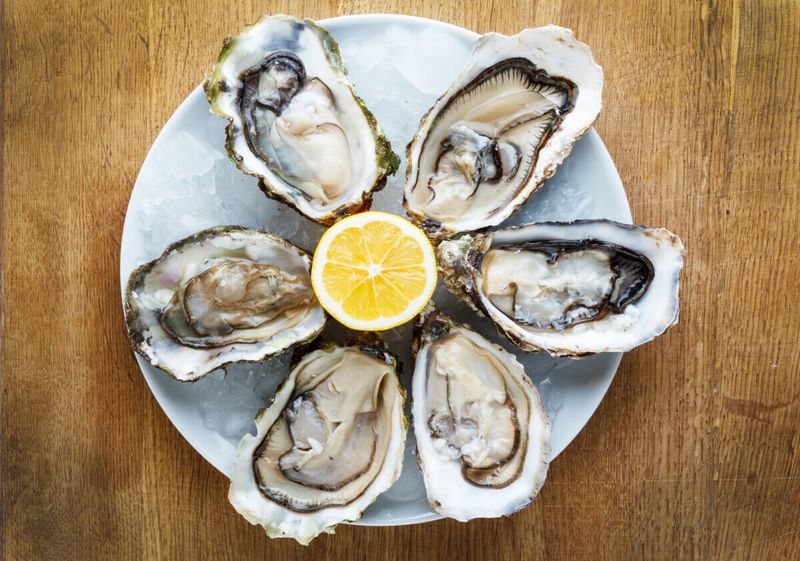

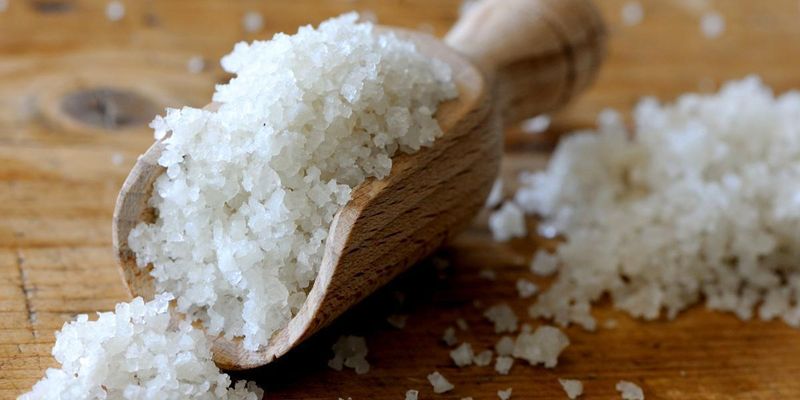
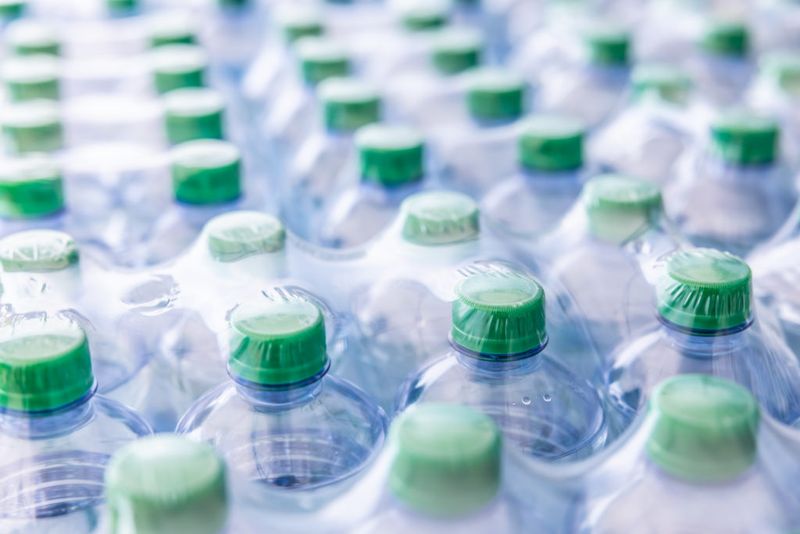
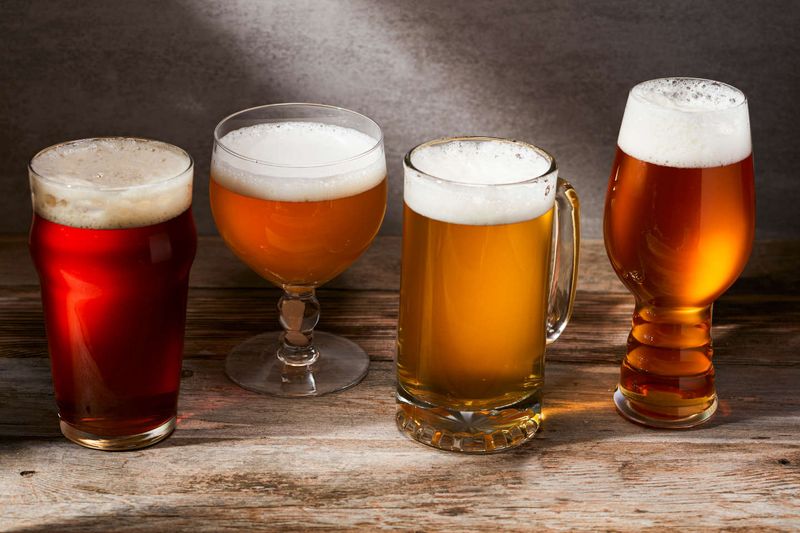
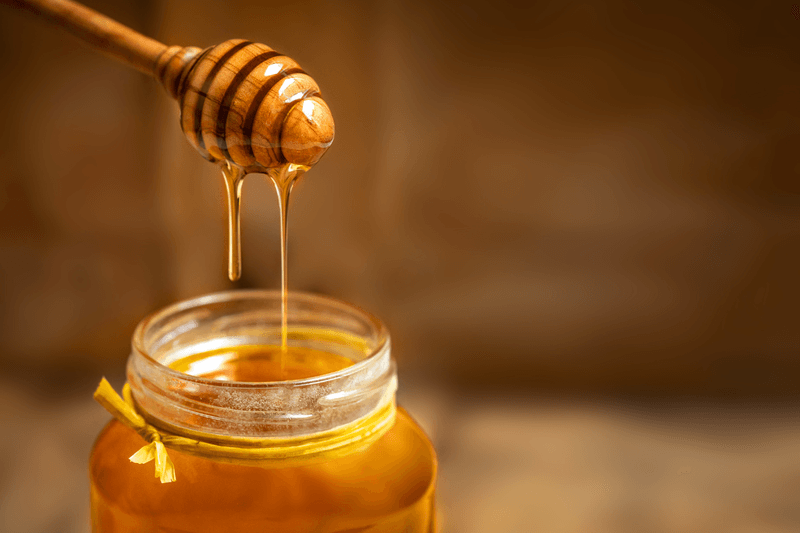
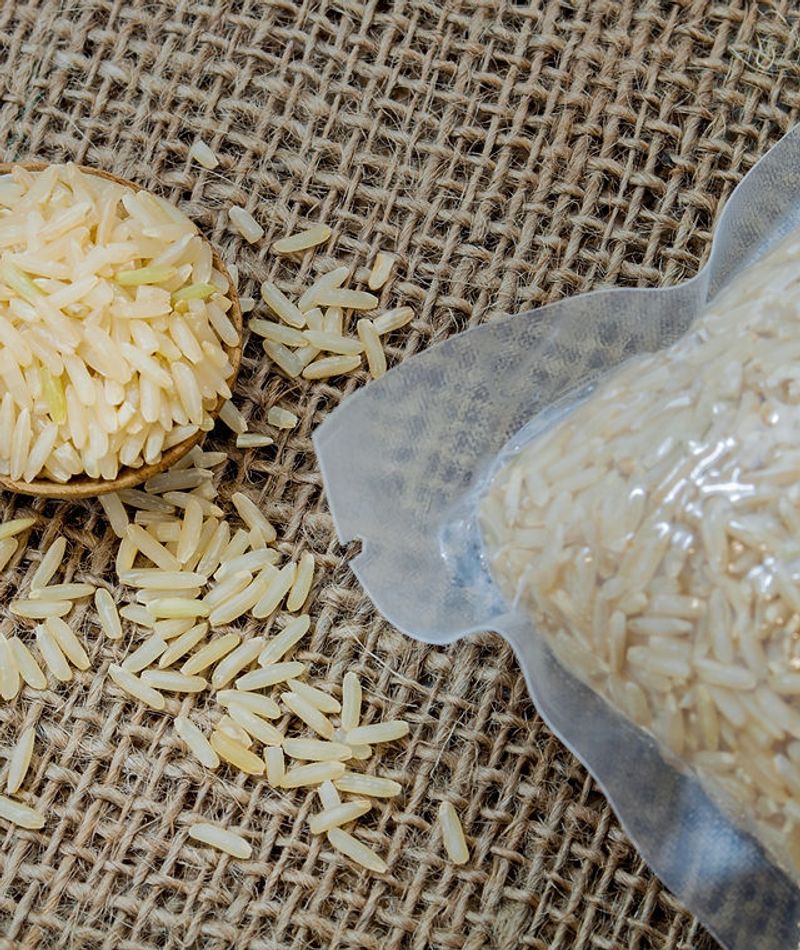
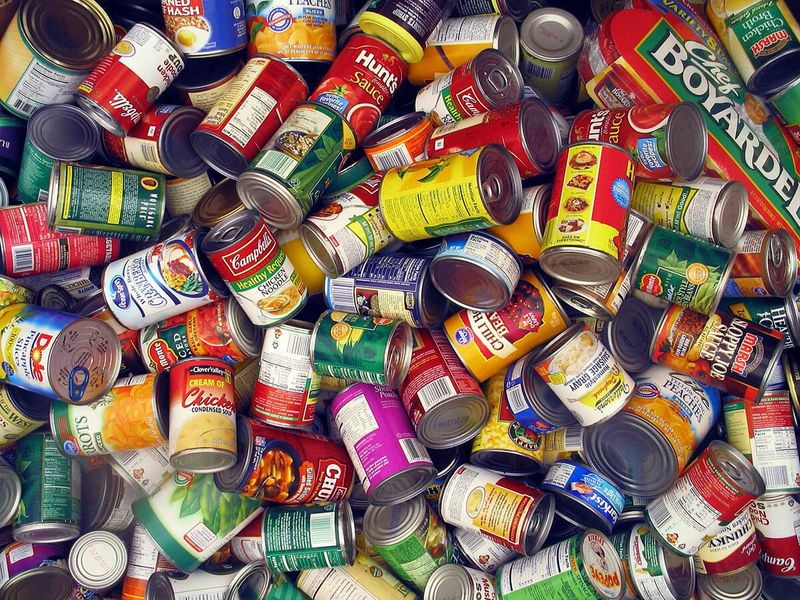
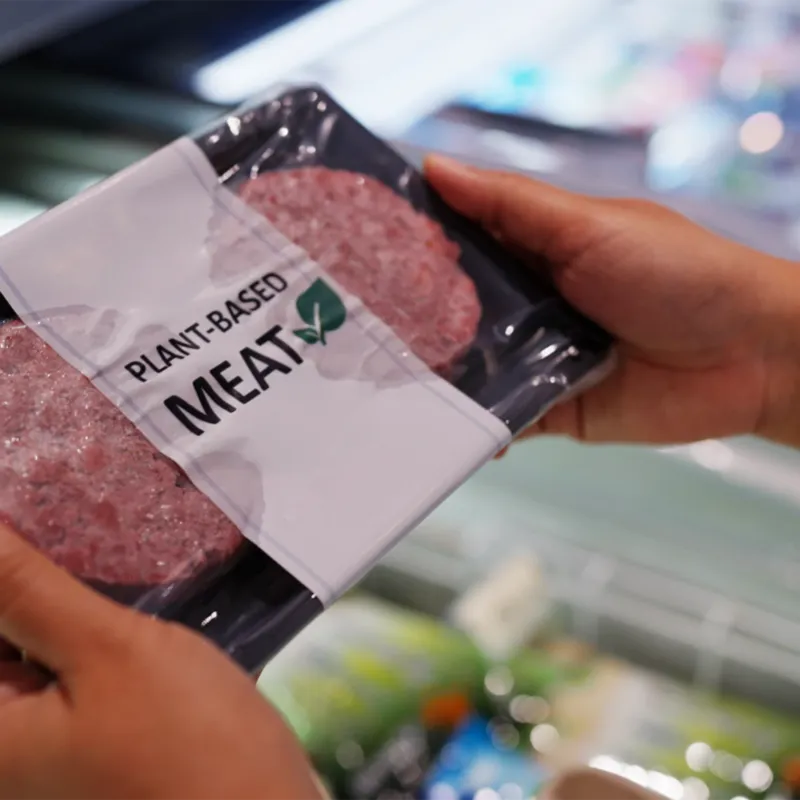
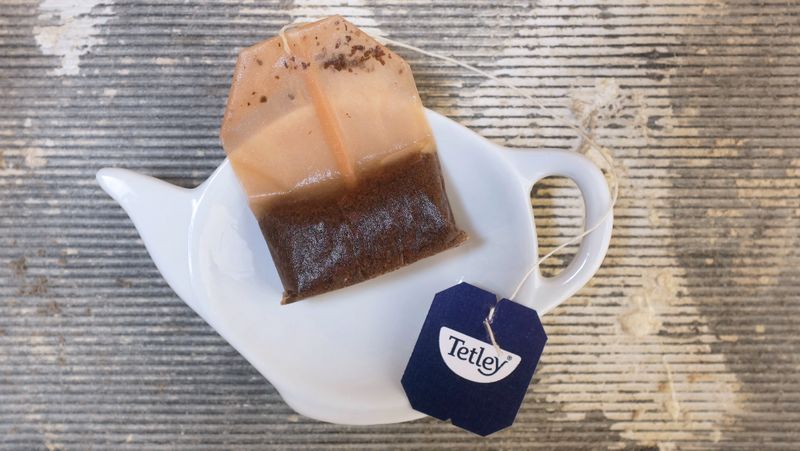
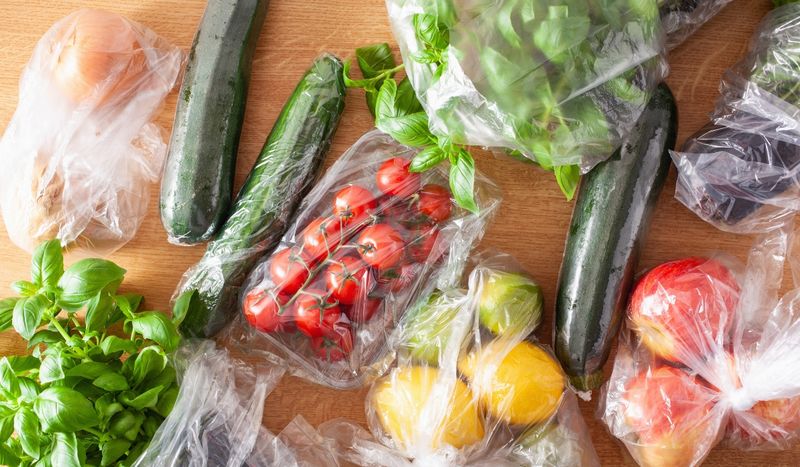
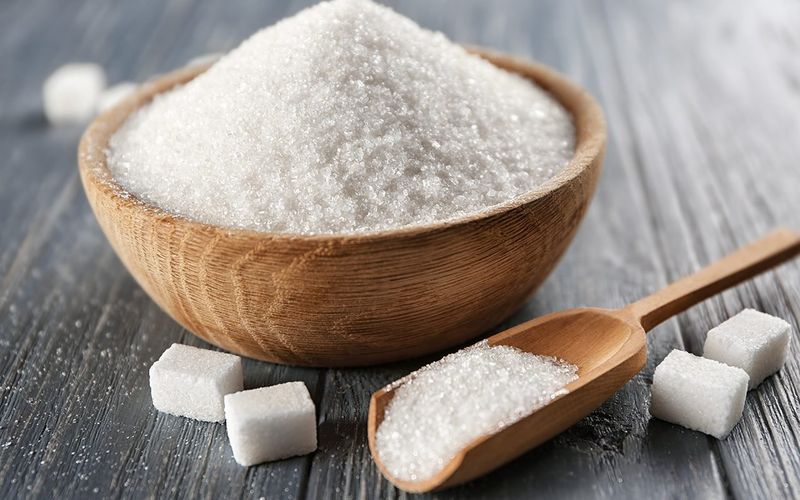
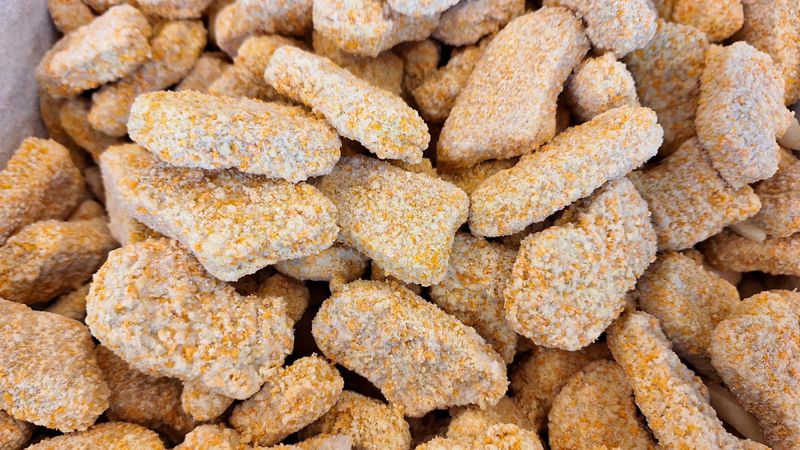
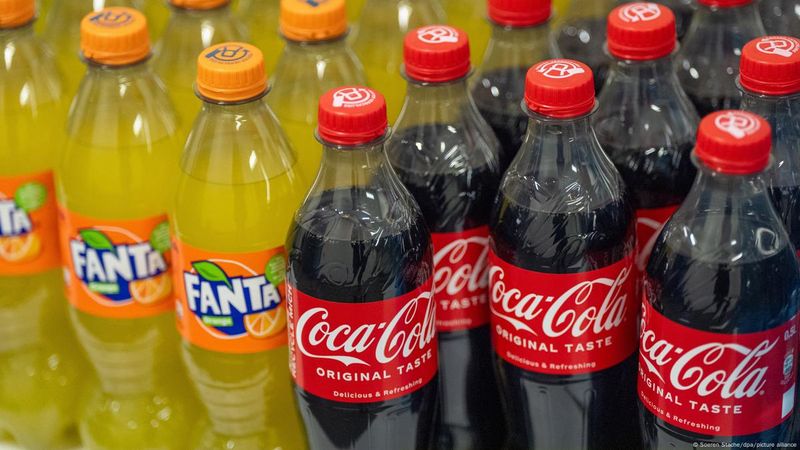
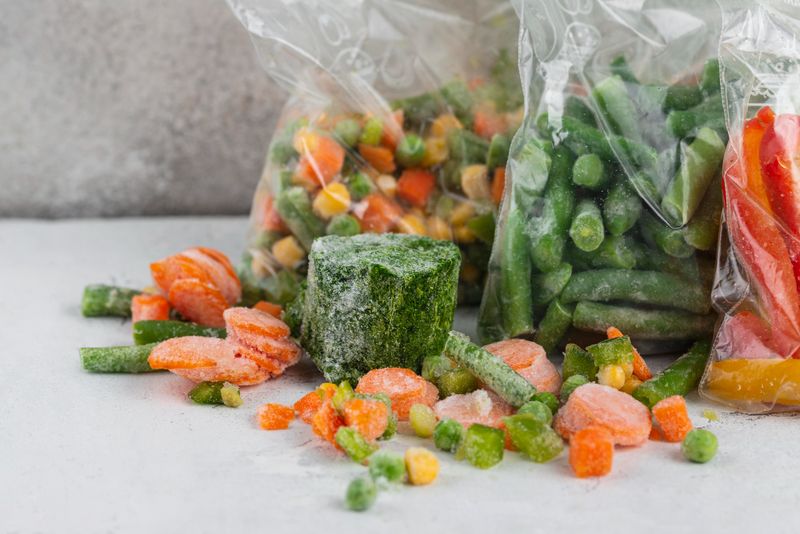
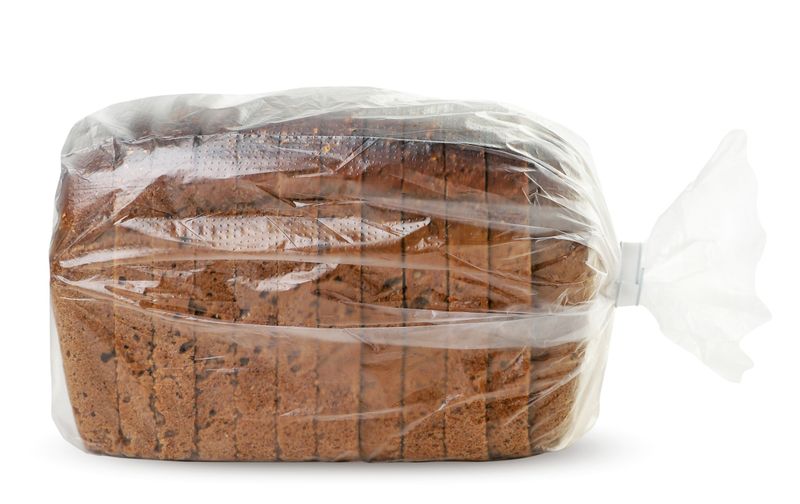
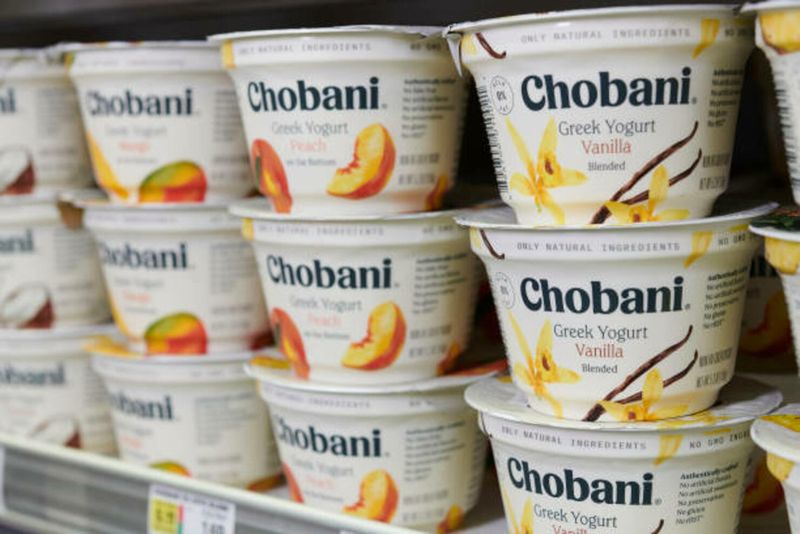
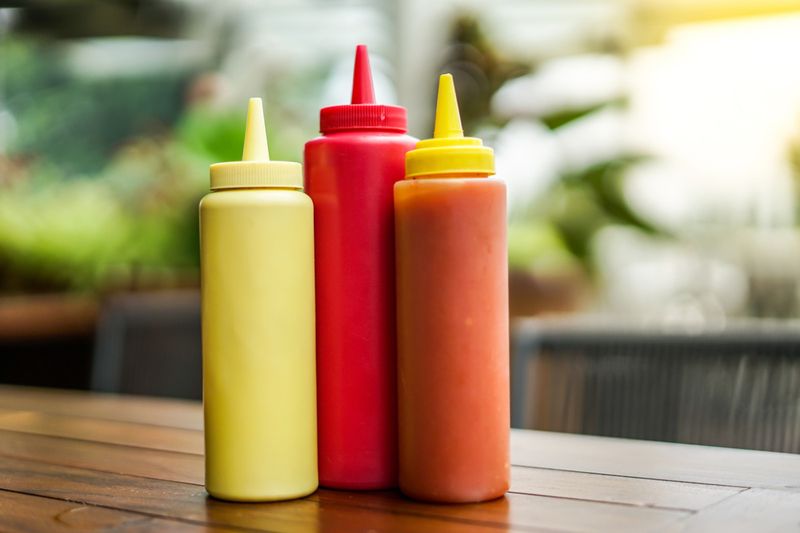
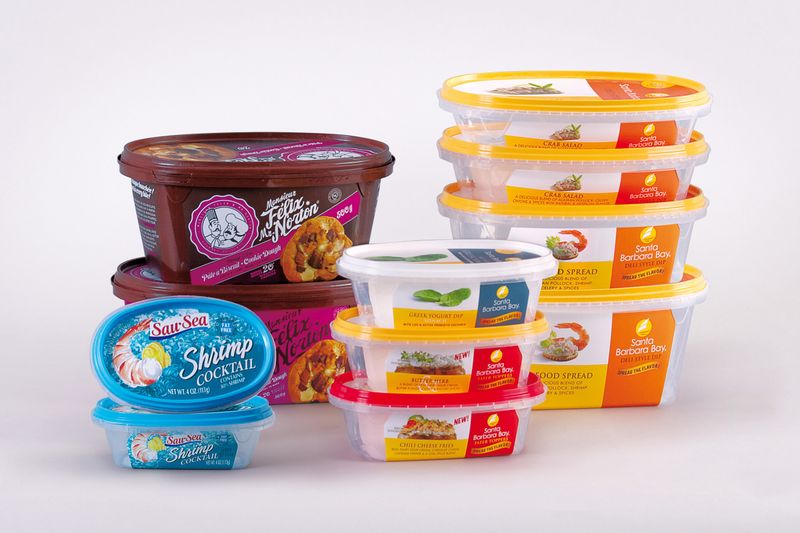
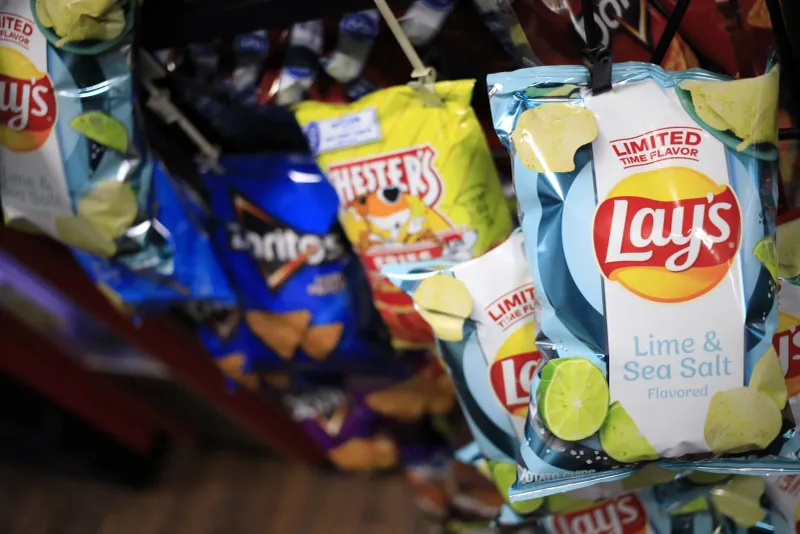
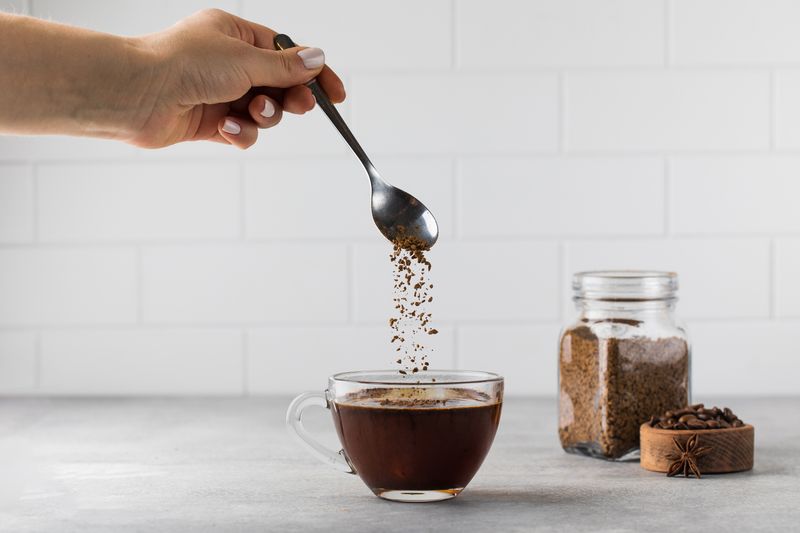
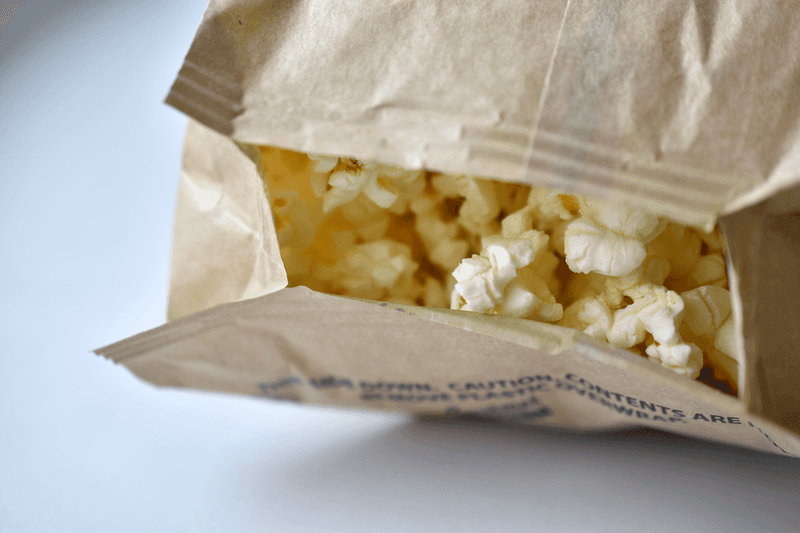
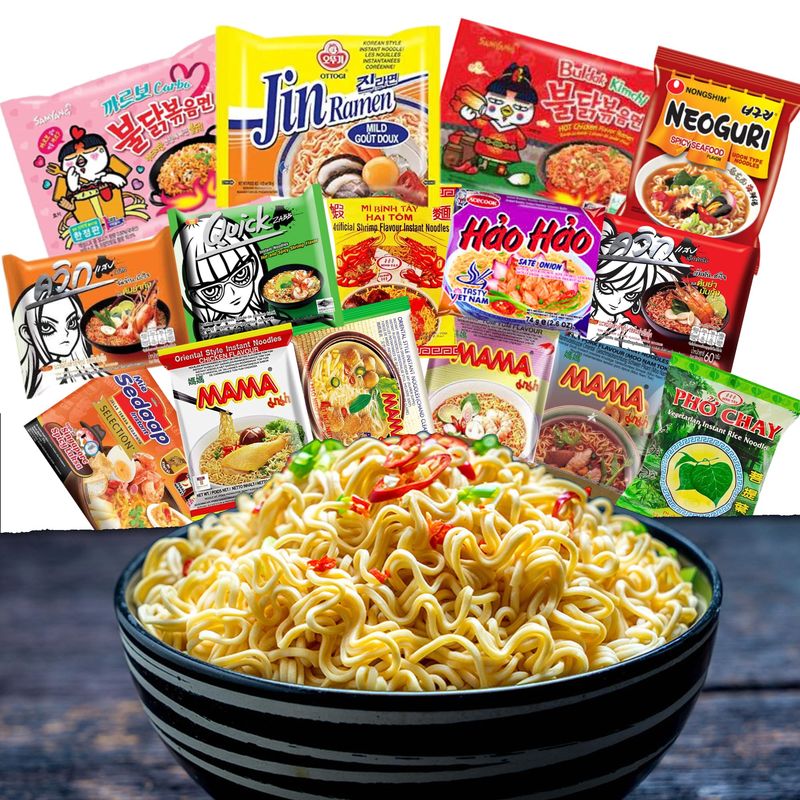
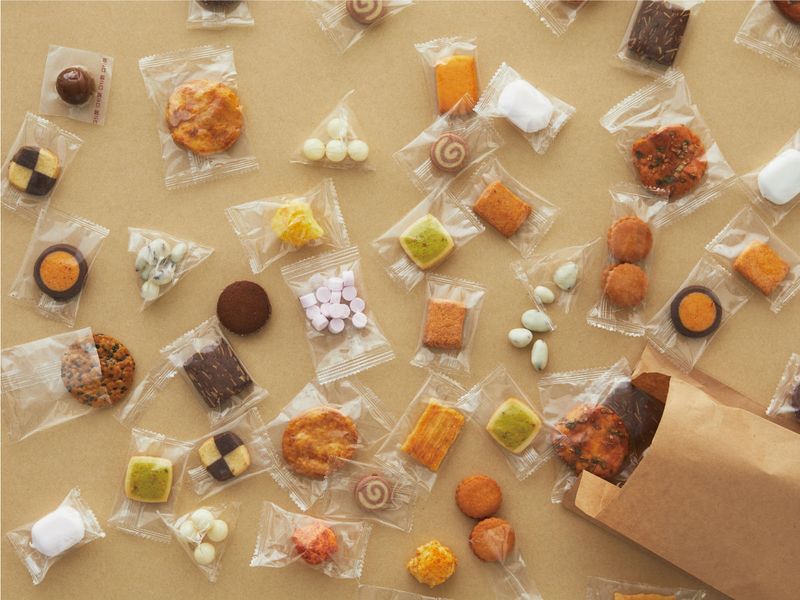
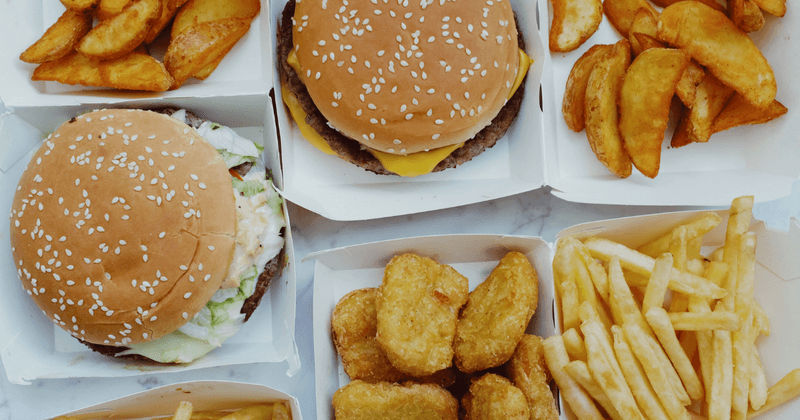
Leave a comment